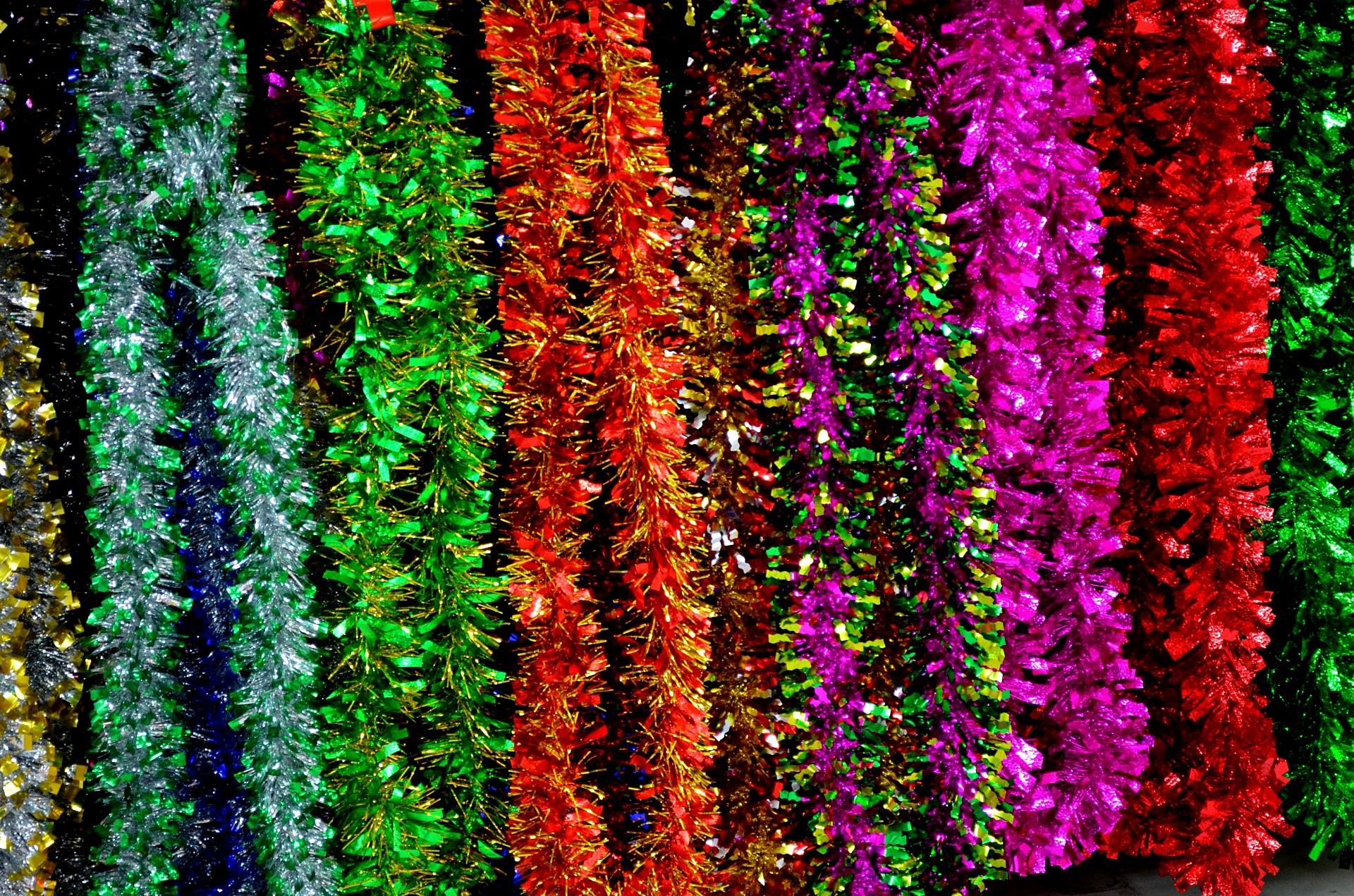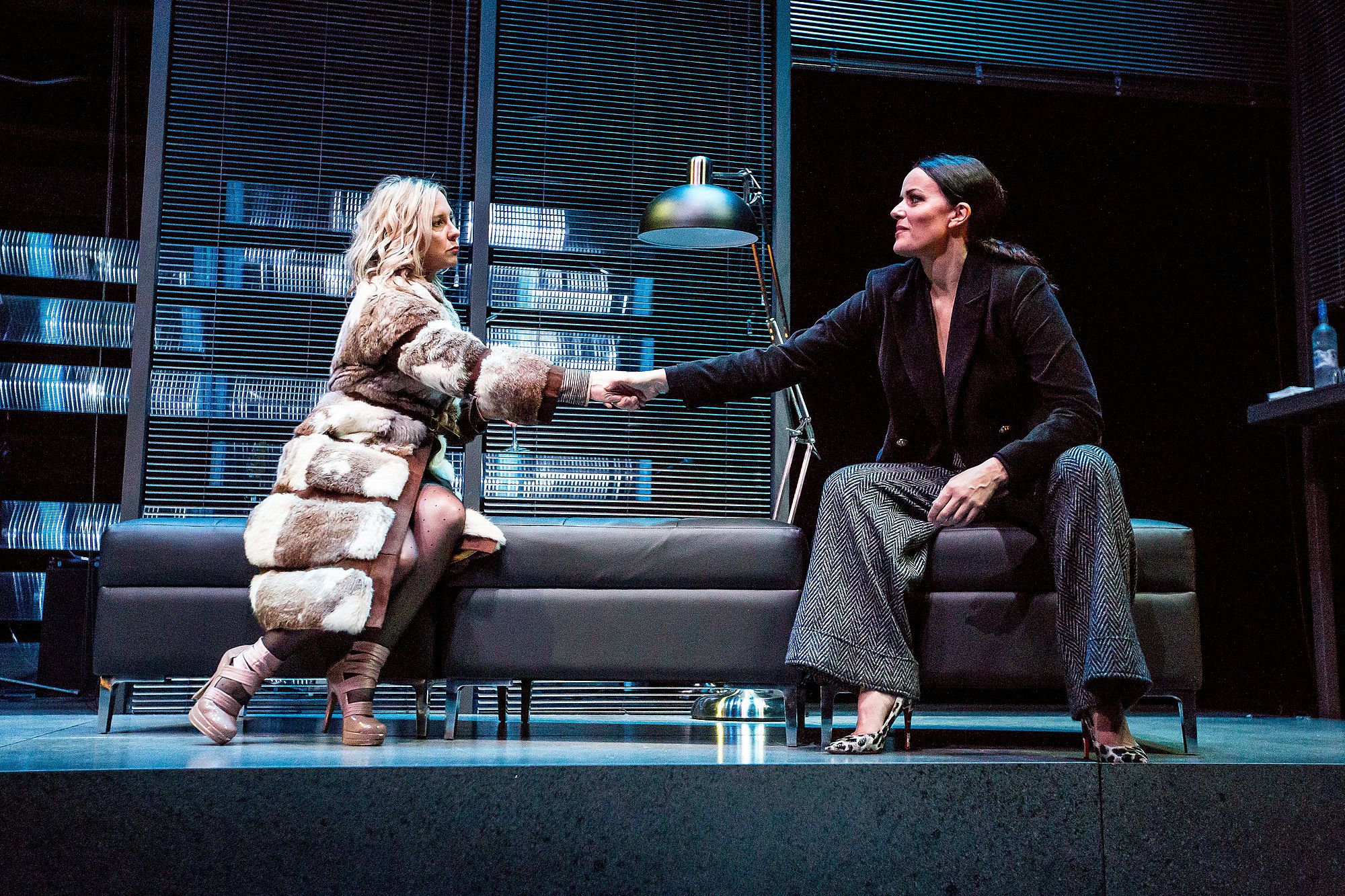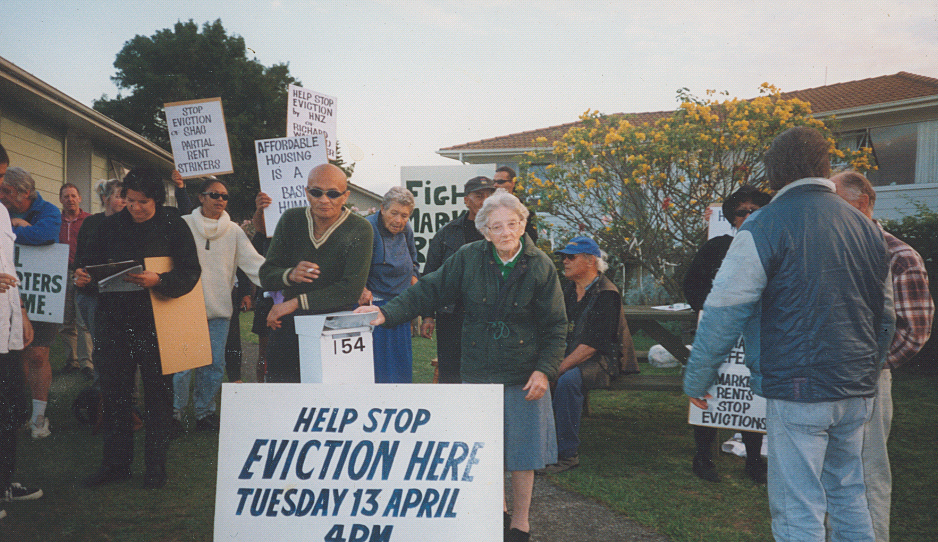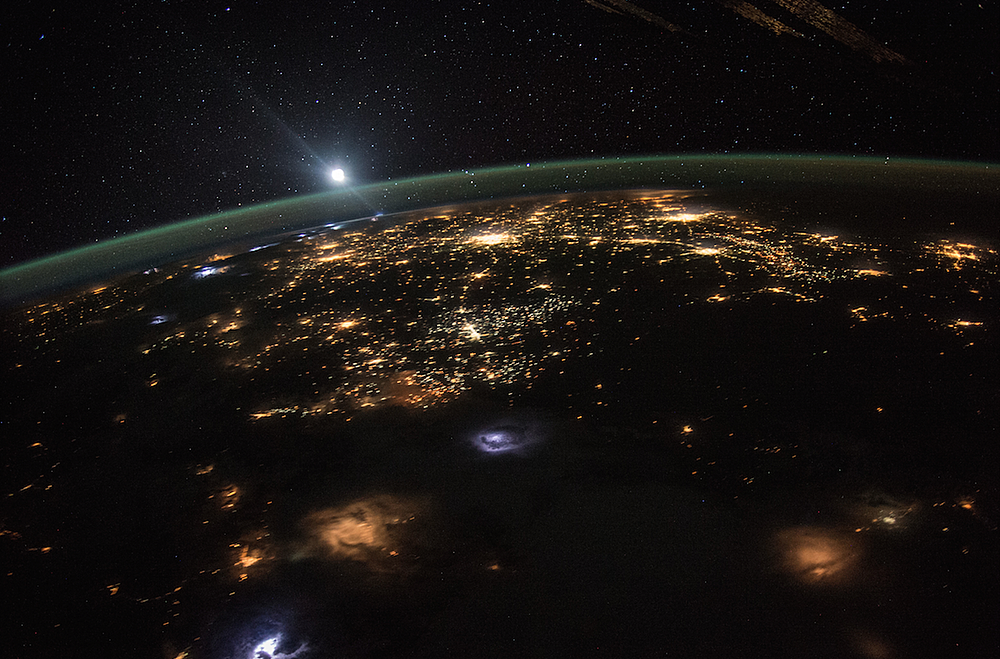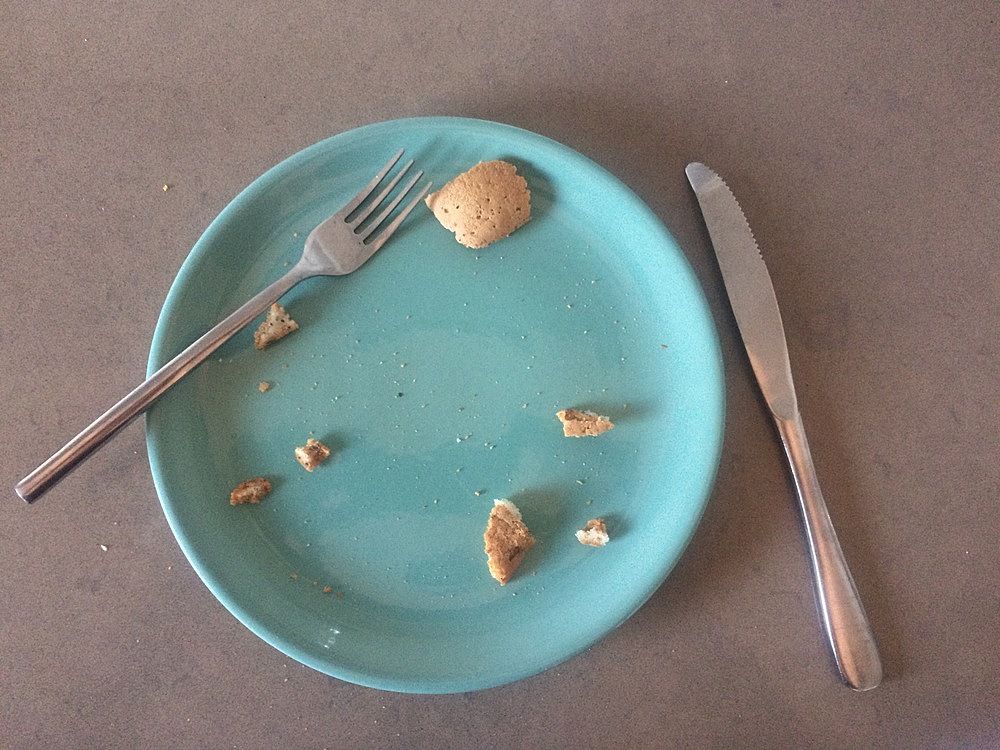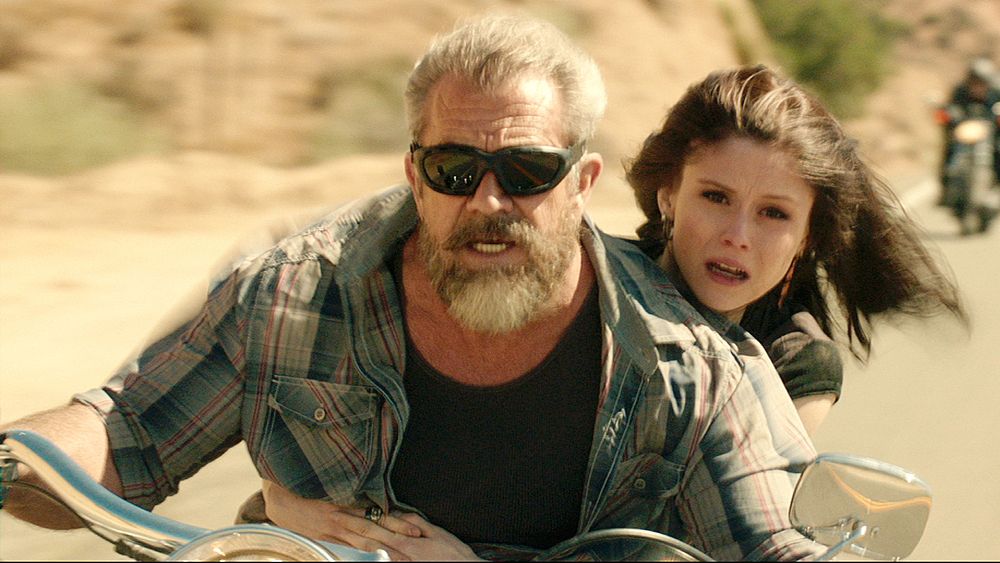2016 Top Reads on Pantograph Punch
Say what you like about 2016, our writers had the best words
Say what you like about 2016, our writers had the best words, and we're a proud-as Punch, having published around 250 incisive articles in 2016. Some pieces were excellent excerpts from elsewhere, such as Tina Makereti’s wonderful essay on place, identity and home from the Extraordinary Anywhere collection; Mihingarangi Forbes’ eloquence on Māori broadcasting frustrations, from the journalism collection Don’t Dream It’s Over; Lamia Imam’s wry On contributing to Public Life from Afar from The Interregnum collection; and Airini Beautrais’ stunning Landfall essay competition winner ‘Umlaut’. Other articles are really videos: a slyly humorous animation of Hera Lindsay Bird’s slyly humorous poem “Children are the Orgasm of the World”, and John, Carol, Wallace and Noelle talking about dead air.
Of the writing we commissioned ourselves, the pieces below are the ones that stick with us – be they important, impassioned or impertinent, they’re all great reading. Enjoy!
9-5 Artwriting: Eight Hours Celebrating Courtenay Place with Richard Shepherd’s 'Romance' by Rhydian Thomas
After a third consecutive pair of Mario & Luigi pass with a premature stumble between them, a teenager in an Obey hat asks me for a smoke. ‘Sure,’ I say, ‘but can I talk to you about public art for a sec?’ He shrugs, and instantly there are another five of his friends fingering through the packet like sharks to a shoal of tuna.
‘I’d probably do something more about Wellington,’ says the Obey kid. ‘Like a map or something.’
Rhydian Thomas declares on the second paragraph of his very funny and occasionally poignant essay that he's no art writer - but public lightbox installations on the Wellington harbourside are about as open and accessible as you can get, so if he's not qualified to try and assess his own flatmate's work, who is? His overnight study of Richard Shepherd’s Courtenay Place installation Romance during Rugby Sevens weekend is one part vox pop, one part criticism and one part tormented internal monologue about whether there’s any point to having a street exhibition that no-one pays attention to. Also the photos are great.
Gloriavale: The Other Side, From the Inside by Melissa Harrison
I still remember being told by my Mum that she spent the first three years after they escaped waking up every night experiencing cold sweats and tremors, so truly did she believe she would face eternal damnation for leaving, so strong was her indoctrination. At the same time, she believed her children would avoid damnation because they themselves did not make the decision. In other words, my mother sacrificed what she thought was her eternal salvation so that we would have the choices we do today…
Melissa Harrison’s powerful argument that “the way Gloriavale is being presented for our consumption now is exploitative and negligent” stirred up a huge amount of commentary. At the heart of this personal, knowledgable story is a more general question: Whose truth is being told, and why?
Forget the glass ceiling, there’s asbestos in the walls by Rosabel Tan
She’d started her career in Japan, but had moved to London where – on her first day on the trading floor – her colleague called her a “rice-eating yellow cunt.” She complained to her manager, and he offered her some advice: “Don’t be such a fucking princess.”
“Another woman told me that her colleague needed to leave work early because her child was sick,” Melissa tells me. “Her boss said she could go if she flashed her breasts – and she did.”
The title of Pantograph Punch director Rosabel Tan’s insightful companion piece to the Silo Theatre production of Boys Will Be Boys is perfect: if an environment – corporate or otherwise – is overtly toxic to women, it’s actually toxic to all. As Rosabel puts it: “…every action exists within a winner-take-all structural violence, an inflexible approach that benefits nobody.” A piece that asks: what do we want success to look like?
'It was the dream I couldn't aspire to': Victor Rodger and Tusiata Avia in conversation
VICTOR: You know something? We've never been on a panel together, although we’re often at the same writers festivals.
TUSIATA: SOMEONE NEEDS TO PUT US ON THE SAME PANEL!
Poet Tusiata Avia (folding her daughter’s smalls while wearing a polka-dotted dressing gown and slippers) and playwright Victor Rodger (wearing a neon pink beanie and black thermals) chat about their shared past, their work and the Pākehā-dominated spaces they’ve had to work in. It's a conversation between two greats of New Zealand writing that's never a chore or inaccessible; it's relaxed, funny, casually and deeply insightful. It's honestly such a relief.
When The Truth Starts Trending by Eloise Callister-Baker
Rape culture normalises and naturalises sexual assault. It doesn’t just encompass “those who believe rape is acceptable”. It’s far more insidious, which is why it can be so difficult to understand, and why people who are accused of participating in it get so defensive. Sexual assault is condemned in the abstract, and minimised in the concrete.
Eloise Callister-Baker's fantastic piece on the internet as a tool for sexual assault survivors to face their attackers considered high-profile international examples, but also reflected on local scenes and her own practice as a writer covering the arts. It's insightful as to why accusers choose to come forward over the internet, and why some people react with such a feral defensiveness when they do so. It was also prescient: The Spinoff's essential "I Will Come Forward" dropped just weeks later, and thus far, it seems the women who spoke out have spurred incipient changes to make Aotearoa musical culture safer and more accountable.
Young Mums, The Arts Ecology, and 'Being Radical' by Lana Lopesi
My daughter was born four months after the Elam School of Fine Art Graduate show. Another young, brown mum. At least I had the paper though.
Our visual arts co-editor Lana Lopesi has written marvellous articles on Poly Twitter and on good curatorship and being tauiwi, and here she is absolute fire on one of the art world's biggest blind spots, and on how the same factors that make women's domestic work invisible also leave them invisible to the arts ecology's deeply individualist nature. More than just painting a picture of the structural barriers, though, she also paints a reassuring (if not galvanising) picture of making it work for mothers and would-be mothers out there, an insistence that being both parent and artist is something you can forge on your own terms.
The Housing War Is A Class War by Ella Grace McPherson-Newton and Vanessa Cole
As it stands, the Auckland Unitary Plan debate appears to have two main protagonists – on one hand, the NIMBY homeowners who live in wealthy neighbourhoods and do not want to ruin the “character” of their middle-class sanctuaries; on the other, young people shut out of the housing market and forced to pay rent to parasitic landlords…. The voices being completely excluded from this debate … are the unemployed and working class, who often do not have the resources to lobby council and businesses to provide a counter-discourse to the debate.”
During Auckland’s worst post-war housing crisis, the authors point out what too many people seem to have conveniently forgotten: that land alienation is as old as colonisation in this country. As they write: “Make no mistake - the removal of what few Māori rights were left within the [Unitary] plan is an attack, yet another offensive in an inherited 200-year war that transcends any particular generation”. A superb angle-shifting analysis.
Review: The Magic Flute by Alex Taylor
To whitewash The Magic Flute with the idea that it’s a fairytale is bogus. It deals with gender relations, power, prejudice, racism – are we really supposed to ignore all of that?
Alex Taylor’s excellent dissection of New Zealand Opera’s production of Mozart’s “strange beast” ruffled more than a few feathers – and they deserved to be ruffled. Alex called bullshit on reverential treatment of 18th century misogyny and racism, making the piece relevant to wider discussions about how theatre practitioners deal with problematic source material. Meanwhile, this year, NZ Opera is staging The Mikado…
Fire by Justine Jungersen-Smith
My friend keeps a seat-belt cutter in the car in case it somehow becomes submerged, small bodies trapped inside. Another friend used to walk through crowds holding her pregnant stomach in case someone punched it. At night she would not be able to sleep, her mind so busy imagining worse. And once I hear all these stories I feel as if I can see them, so many people, suddenly stopping at the beach, breath quickening, or stuck in the throat as they say, even though the ocean is calm and flat, even though it is such a perfect day.
The anxiety of parenting is the subject of Justine Jungersen-Smith’s lyrical creative non-fiction. Surreal imaginings, heightened empathy, liquid fear – the hidden thoughts of those with children are beautifully laid out.
Let Them Eat Cake: On Playing At Poverty by Saziah Bashir
I propose that choosing to engage in a self-designed experiment of living on two Weetbix, a ham sandwich and mince pasta, five days a week for 200 days, teaches us very little about nutrition and health. It teaches even less about what it’s like to be living in poverty in New Zealand. Because that is not what poverty is.
Saziah Bashir’s timely, persuasive response to a young trainee doctor’s “experiment” of living on $3.30 of food a day is lucid and eloquent – with calm fury, she outlines a more thoughtful, empathetic view of poverty: “Poverty doesn’t take breaks on the weekends, or holidays over Christmas, or a week in Bali to escape the winter. Poverty is relentless. Poverty is a daily humiliation... Poverty is hopelessness. Poverty takes away your agency and your power, and your voice.” Thank fuck someone said it, and said it so well. Next time a well-off relative starts talking about bludgers, we’re going to thrust this essay into their hands and chant “stop the war on the poor!” until they take it.
Between The Lines: People Like Us by Adam McGrath
When I think of Charlie Thompson, I think of his car. It had deep red seats. Charlie was skinny but the seats made him look skinnier. He sometimes wore a leather hat and grey pants. But I remember his car the most, because of one summer afternoon where we drove it to a massage parlour to have sex with women that Charlie had prepaid for, in an experience that made us confused about everything: each other, Charlie, and ourselves.
Adam McGrath is The Eastern’s lead singer, and this is supposed to be an explanation of his song ‘People Like Us’. And it is, he explains the song – eventually – but really, that’s just an excuse for an unforgettable piece of pitch-perfect storytelling. Honest, intriguing and eye-opening.
On Forgiveness by Doug Dillaman
The crew of The Hangover Part II made a principled stand that they were unwilling to work with a member of the prospective cast. It wasn’t against Mike Tyson, ear-biter and accused wife-beater, but Gibson. Gibson was dropped from the film. Tyson featured prominently, as he did in the previous film. Why have the two been treated differently?
That’s a compelling question, and Doug Dillaman thoughtfully explores it from different angles, leaving more uncomfortable questions for us all in his wake, rather than pat and easy answers. How should we retroactively think about artistic contributions if the artist does something unforgivable?
What's The Frequency, Steven? by Sam McChesney
By the standards of student radio, [Steven] Joyce was hardly a music geek – a longstanding devotion to REM aside, he has rarely shown any real passion for it – and now he was stranded in the studio with an intimidating stack of obscure vinyl. Reasoning that most bands put their strongest songs on side A, track one, he proceeded to play every side A, track one from the stack. In the middle of a particularly ponderous number, he received his first ever listener call. “You might want to play those EPs at 45 RPM,” the caller suggested, “it might work a bit better.”
The low-down on the radio beginnings of our current Minister of Finance. One of our editorial team says: “I went away from it with a better understanding of why he is who is, and why his policies are as they are. It's always better to know your enemy, and this certainly helped me with that project.” Pictorial co-stars include a young Jeremy Corbett.
There's Booze in the Blender by Adam Goodall
The woman …answered the video call in a pitch black room lit only by her laptop. All I could see for the first three minutes was her blender, the same one she had in the pictures. She’d set it to blend and was going to town. She’d peek out from behind it from time to time, golf visor and Hawaiian shirt on lock. It was like Skyping with an NSA mole who was sending a coded message that, when shit went down, they wanted a one-way ticket to the Caribbean.
Finally, but certainly not least, we have Adam’s Adventures in YouTubeland: falling down an internet wormhole, our Wellington theatre editor Adam Goodall stumbles across a number of lip-synched tributes to Jimmy Buffett’s ‘Margaritaville’ and goes searching for their creator to ask: “why?” We could ask the same question of Adam. Pointlessness has never been so utterly enthralling.
We also collated top-notch Punch for 2015, 2014 and 2013. You're welcome!
